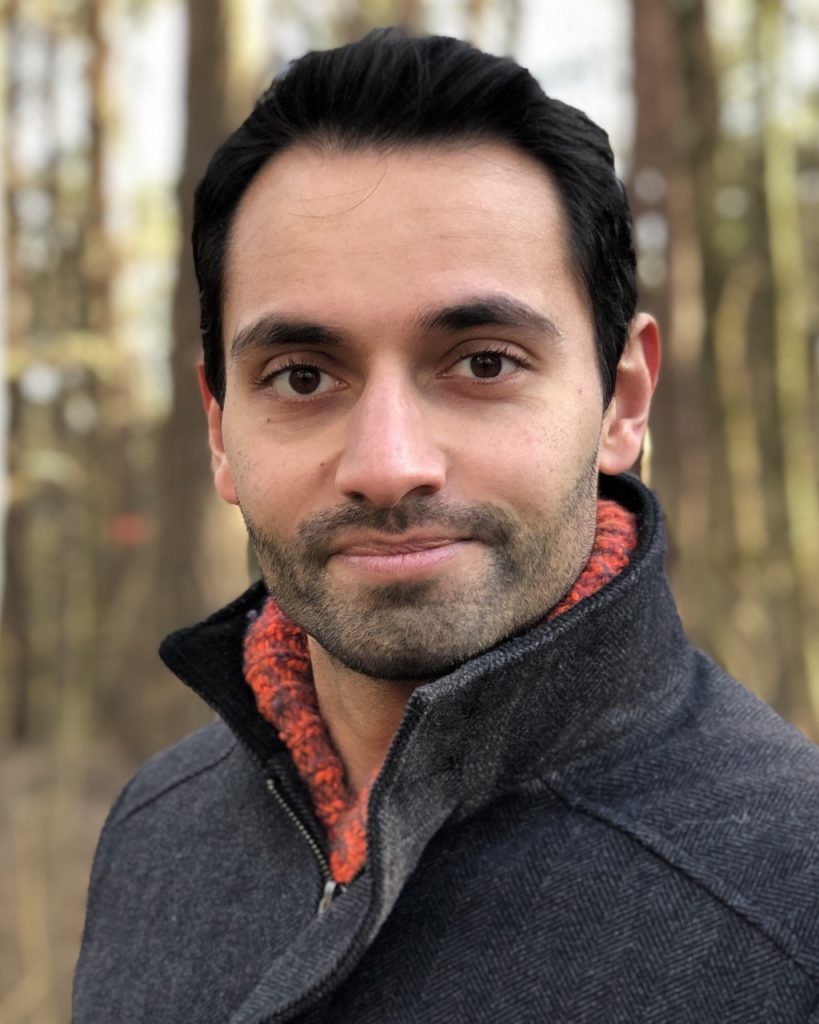For graduates of this Masters, the average time elapsed between the end of MSc studies and attaining a job in industry or a post in a University’s PG programme is 3.75 months. (May 2024)
Here are examples of careers paths taken by some our alumni, along with some feedback they have kindly provided:
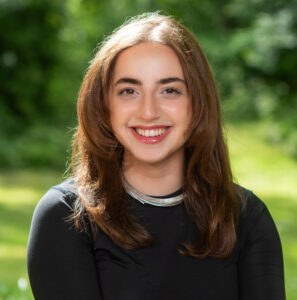
“The MSc in Computational Cognitive Neuroscience at Goldsmiths provided me with a strong foundation for interdisciplinary research, particularly at the intersection of cognitive and clinical neuroscience. Through its emphasis on analytical thinking and computational methods, it equipped me with the skills to approach complex research questions with clarity and confidence.“
(Maria Karampela, A.Y. 2023-24)
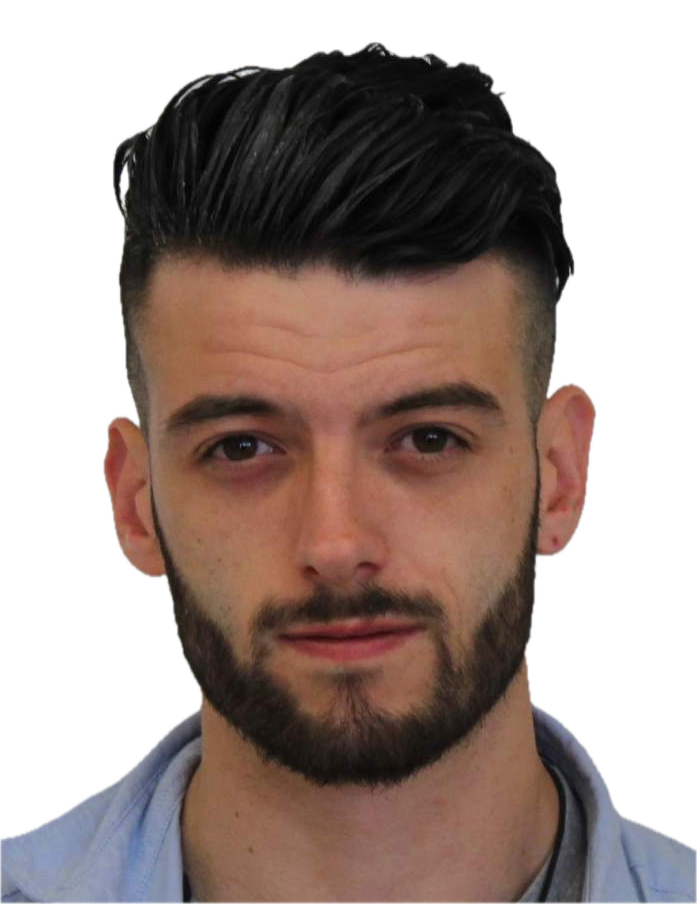
“Coming from a background in Computer Science, this master’s programme provided me with invaluable knowledge in theoretical biology and scientific modelling. I thoroughly enjoyed the subject matter and appreciated the thoughtful way in which the course was structured. It equipped me with essential skills that I now apply in my research role, enhancing both my analytical approach and problem-solving capabilities” (Fiach ONeill, A.Y. 2023-24)
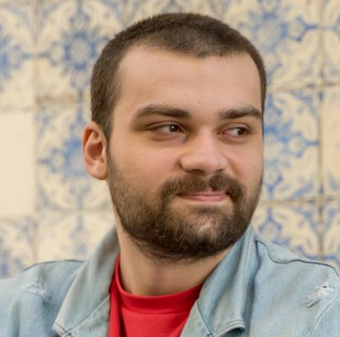
“I entered this MSc course without any prior background in computer science or programming, but in just one year, it equipped me with skills in coding, data science, and neural networks. The programme is challenging but ultimately rewarding. Now, I have both the conceptual knowledge and practical skills to conduct interdisciplinary research.
After completing the MSc C2N at Goldsmiths, I was accepted into the PhD programme in Evolutionary and Organismic Biology at Harvard, in the department where E.O. Wilson, Richard Lewontin, and other great minds of evolutionary biology worked. My Masters dissertation—at the intersection of philosophy and computing—along with the skills I gained during this course, played a crucial role in shaping my research path.”
(Zaza Doborjginidze, A.Y. 2023-24)
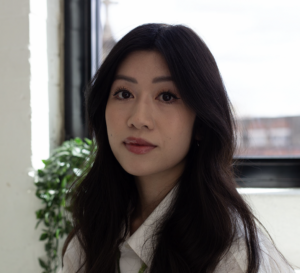
“My passion and interest in Neurotechnology came from my background in neuroscience, physiology and clinical experience as a Clinical Physiologist in Neurophysiology for the past 8 years in hospitals to medical device companies. I took a career break to pursue this MSc to integrate my existing neuroscience knowledge and expertise with computer science and artificial intelligence. This course has taught me vital research, data analysis, coding and computational modelling skills in R, MATLAB and Python and has broadened my knowledge of the latest innovation in Computational Cognitive Neuroscience. My research project with hands on development in Brain Computer Interfaces (BCIs) looking at visual imagery and imagined speech as BCI paradigms has given me the confidence to pursue the next step of my career, building and developing the next generation of BCIs to address some of the toughest neurological challenges today. Since finishing the MSc, I have co-founded an early stage Neurotechnology start-up, building a Fitbit for the brain.”
(Diane Le, A.Y 2022-23)
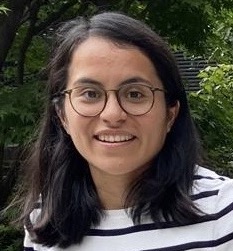
“This programme has enabled me to significantly enhance my knowledge in the fields of psychology and cognitive neuroscience. Furthermore, the MSc degree provided me with the excellent opportunity to undertake a 3-month internship at Sony Computer Science Laboratories in Tokyo, which allowed me to put into practice all the knowledge acquired in the MSc within the industrial field and to work side by side with renowned professionals in their professional field. With the assistance of this challenging programme and its faculty, I was able to develop competencies in research methodology, advanced data analysis, and computational modelling. These qualities allowed me to obtain a PhD position at Goldsmiths.”
(Andrea Erazo Hidalgo, A.Y. 2022-23)

“I couldn’t have a chosen an MSc better suited to my career goals than Computational Cognitive Neuroscience at Goldsmiths. Studying this degree thoroughly prepared me on both a theoretical and technical level for work in neuroscience, directly leading to my present role in research.” (Louis Roberts, A.Y. 2021-22)
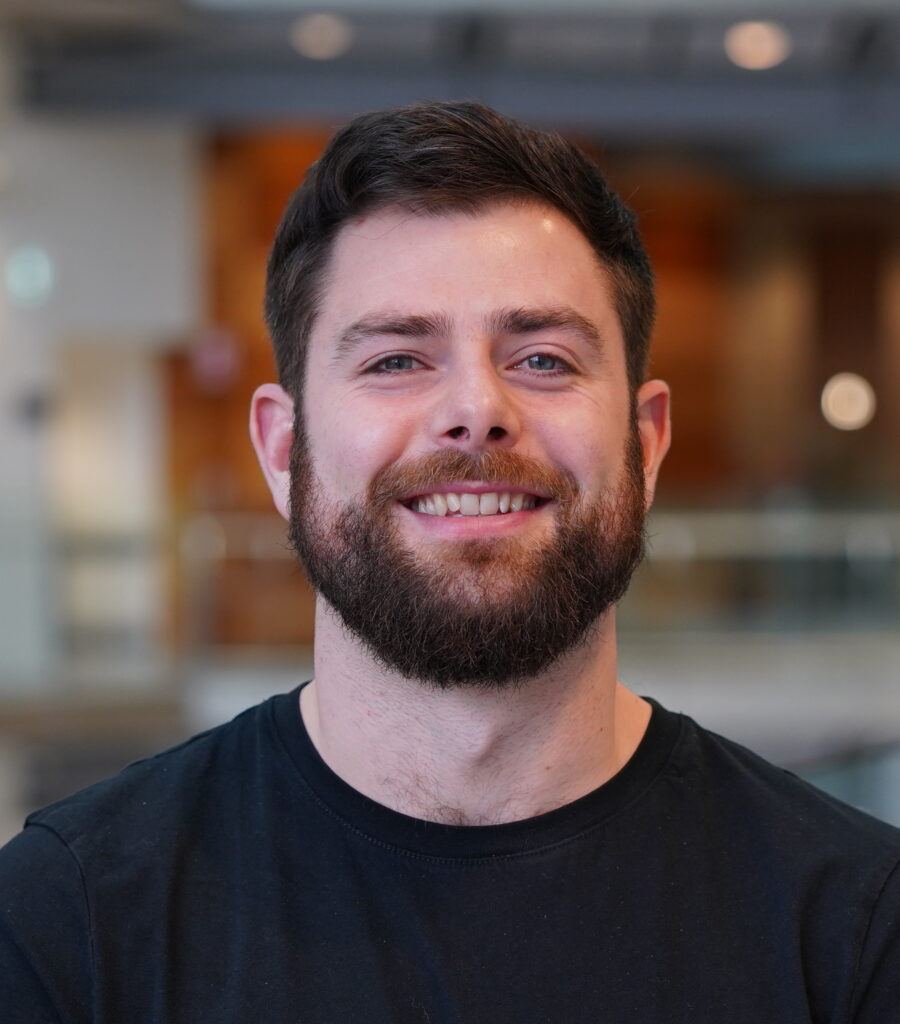
“I left industry and joined this MSC program with the goal of studying the origins of cognition. The course was challenging but provided excellent opportunities to develop the interdisciplinary skills I needed to start my PhD at King’s.” (Josh Bourne, part-time A.Y.s 2021-22 & 2022-23)
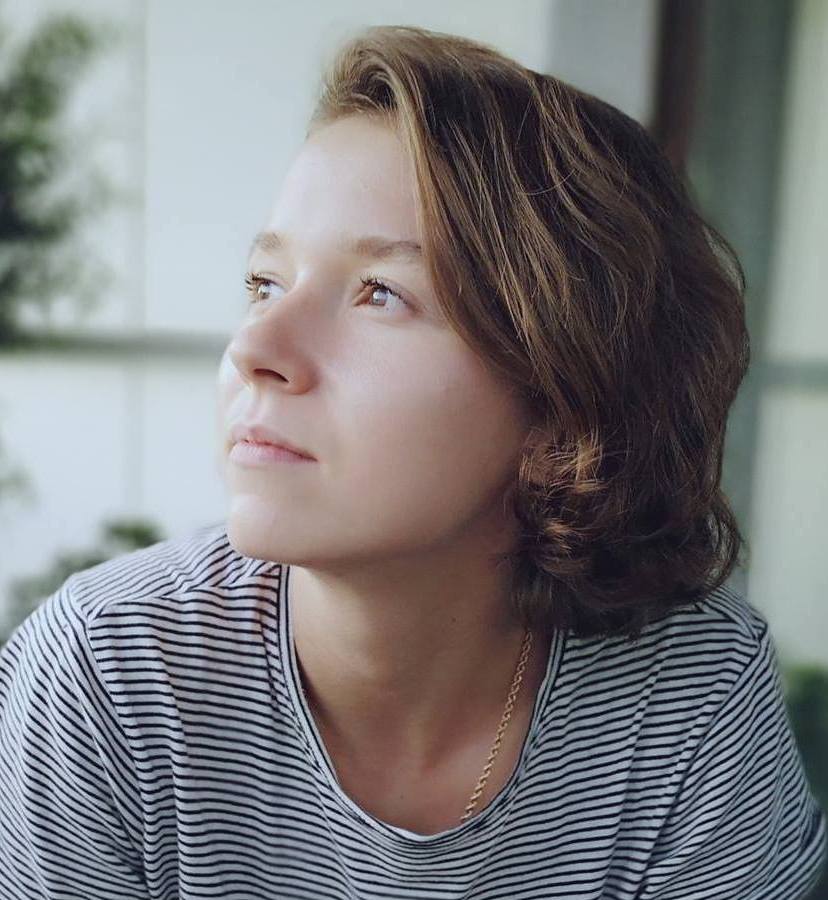
“This programme, while challenging, is taught by a team of extremely talented professors who allowed me to gain a deep understanding of what goes on in the brain from a computational perspective. The fact that it offered thesis completion in collaboration with industry partners inspired my curiosity and passion for health data. Thanks to this MSc programme, I received an offer to complete my PhD in Health Data Science with the Alan Turing Institute, but eventually I decided to develop my career as a Data Scientist in the entertainment industry.” (Dominika Stachnialek, A.Y. 2020-21)

“Despite being very challenging, this MSc enhanced my love of reinforcement learning by showing me the psychological and neurobiological underpinnings. This enabled me to pursue a PhD in using reinforcement learning to optimise quantum computers at Imperial College.” (John Carter, A.Y. 2020-21)
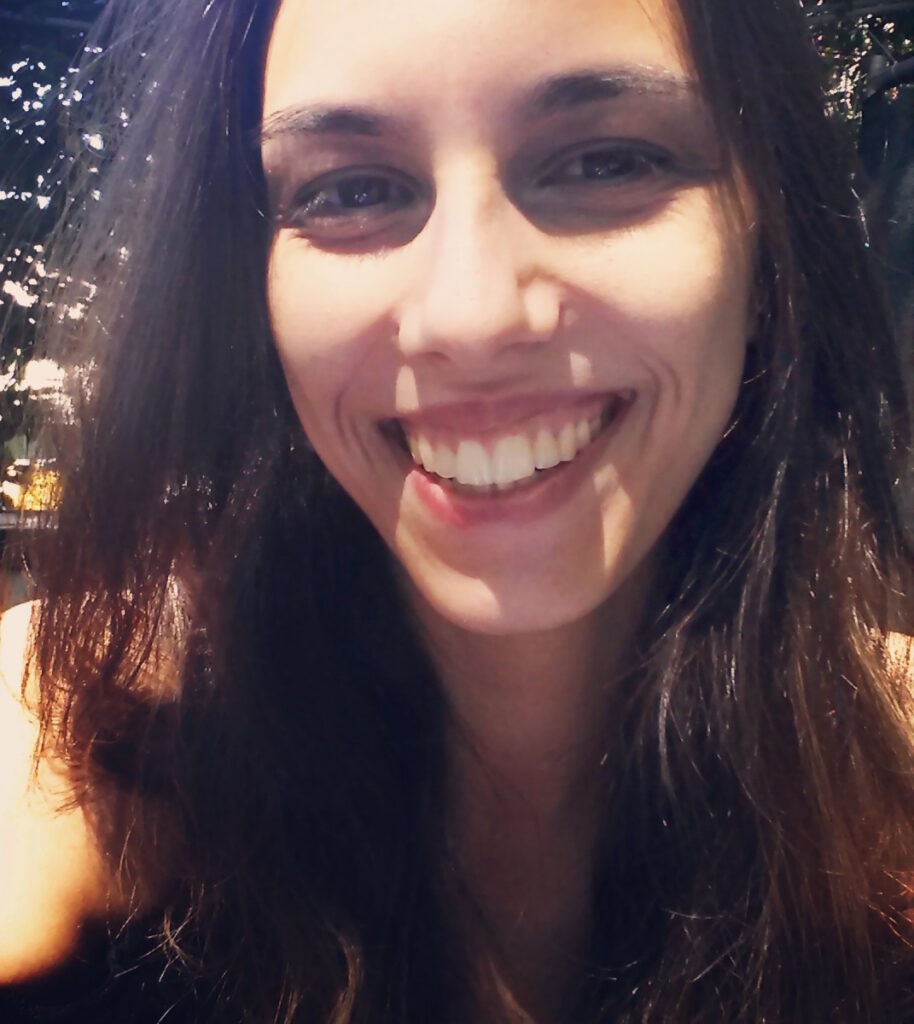
“Looking back over the past year, this MSc has been an intense, yet extremely rewarding and fulfilling experience. Its high interdisciplinary approach and the opportunity to collaborate with industry partners allowed me to strengthen my skills in research, computational methodologies and scientific presentation, as well as acquire state-of-the-art knowledge in the field. Overall, it has been a fascinating and stimulating journey that contributed to my personal and professional development!“. (Ilenia Salaris, A.Y. 2020-21)
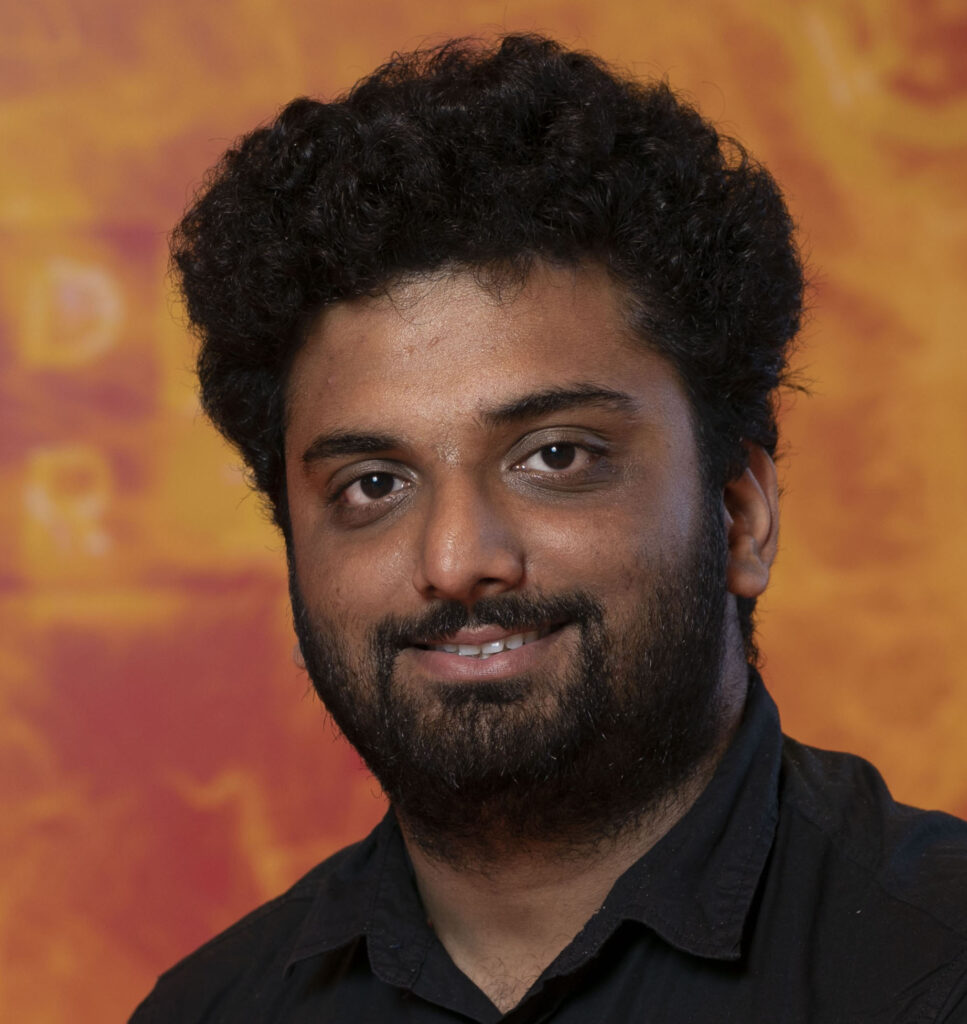
“Doing this MSc programme was definitely challenging, but I am really sure the challenge helped me a lot on the growth. It helped me on gaining good exposure to research and quantitative methods. Exposure to computational neuroscience and its research was a really exciting thing; of course we missed a lot of fun due to the pandemic. One thing that helped me on securing my present job position is my strong exposure to statistical data analysis techniques, which I learnt during the programme. Studying in Goldsmiths was of course a different vibe, especially due to the creative and rebel culture it has; I believe it helped my personal growth“. (Sebin Sabu, A.Y. 2020-21)

“The course was really challenging but I learnt a lot, I had a lot of fun this year!” said Trish, who went on to enrol as a full-time PhD student at the University of York (09/2021)
“I applied for this MSc with the goal of challenging myself to learn the computational aspects of neuroscience following a more psychophysiological focused undergraduate degree. As a complete beginner in computing, I loved how challenging the course was as well as engaging, and really enjoyed how supportive the teaching staff were. Despite the teaching style being adapted for the pandemic, the quality of teaching was excellent. The skills I’ve developed in this MSc have given me the confidence to pursue a PhD in the field. I also had the chance to make some great friends in my cohort.” (Trish Chinzara, A.Y. 2020-21)
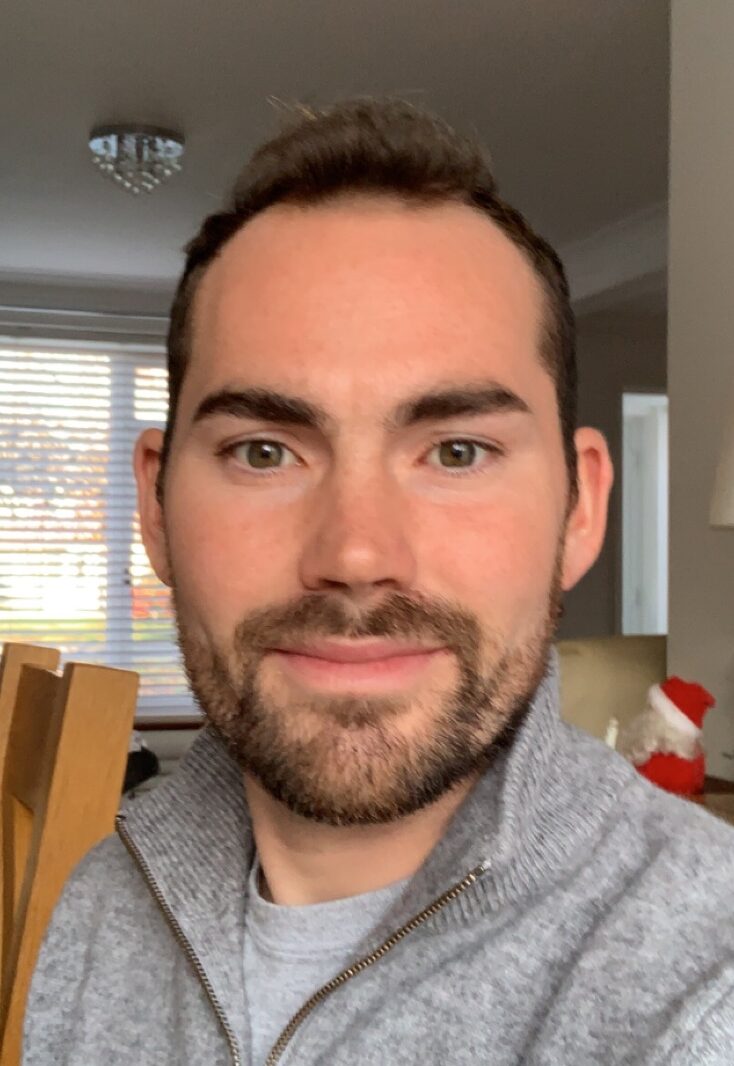
“I approached this MSc with the goal of enhancing my knowledge of mathematics, programming and dynamic modelling, and this course certainly allowed me to achieve this: I am now a confident programmer, and can understand and apply many high-order mathematical concepts. This newly acquired skill set has enabled me to find my current post as Research Assistant in the field of neuroscience. In addition to being a great learning experience, this MSc has given me a chance to meet likeminded people – in particular, myself and another alumnus from my cohort (Giuseppe Lai) are now hosts of the “A Cup of Science Podcast“, on which we regularly discuss concepts such as consciousness and mathematical modelling.” (Thomas Cornish, A.Y. 2019-20)

“I enrolled in this Masters with the goal of developing a better understanding of data programming and how computer modelling works, particularly in relation to AI in healthcare. This masters gave me the opportunity to explore this avenue (as I did my dissertation in collaboration with UCL Great Ormond Street Institute of Child Health). I now work in project management at a clinical research organisation (CRO) to bridge the gap into the Pharma-Tech industry.” (Tara Cogan, A.Y. 2019-20)

“Before joining the MSc in Computational Cognitive Neuroscience, I lacked both computational and mathematical backgrounds. However, programming is now one of the skills I feel more confident in. The C2N MSc helped me consolidate my previously acquired knowledge in Neuroscience and provided me with computational skills that have boosted my career both as a researcher and as a professional. ” (Giuseppe Lai, A.Y. 2019-20)

“Coming from a Computer Science background, I joined this Masters without any previous experience in Neuroscience or Psychology. Thanks to this unique programme, I can now confidently say that I can read, understand and apply state-of-the-art literature from both the Computational and Cognitive realms of Neuroscience. This allows me to bring to the table a perspective that most AI researchers lack, that is, inspiration from biological systems, and most importantly, from the only intelligent machine we currently know of: the brain. ” (Badr AlKhamissy, A.Y. 2019-20)
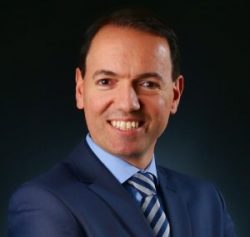
“I wanted a Neuroscience based degree to work on brain-inspired Artificial Intelligence (AI) and the MSc in Computational Cognitive Neuroscience was exactly what I was looking for as it is an interdisciplinary degree that combines the cutting edge in Cognitive Neuroscience with Multivariate Statistics as well as Python programming and Neural Networks. I achieved my learning objectives with this degree although it meant a lot of hard work (as I had no Neuroscience or Psychology background but come from a Computing background). Traditional AI degrees just focus on old algorithms whereas with this degree I was able to learn the latest theories, on how the brain makes classifications, decisions and predictions, as inspiration to apply these to AI. I really enjoyed the classes and learned a lot”. (Tolga Ors, part-time A.Y.s 2018-19 & 2019-20)
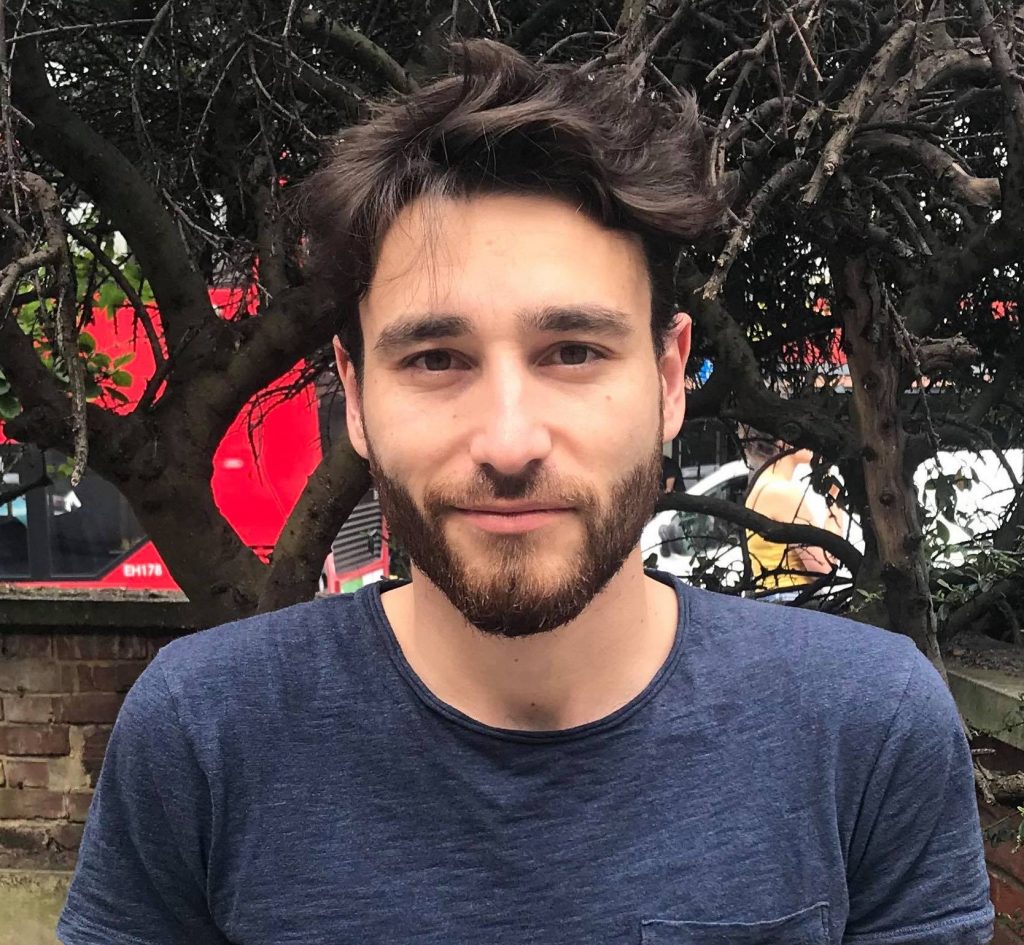
“Through various modules such as ‘Neural Networks’ or ‘Modelling Cognitive Functions’ I learned how to think of the brain as an intelligent machine. The wide range of topics covered has provided me with solid foundations to work in Neuroscience or AI. Moreover, the Research Project was also a great opportunity to apply what I have learned during the year and helped me to refine my career project.” (Maxime Carrière, A.Y. 2018-19)
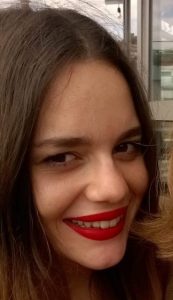
“This unique MSc in Computational and Cognitive Neuroscience enabled me to learn and use the current scientific approaches to understand the relationship between brain and cognition, by combining computational/mathematical models and the fundamentals of cognitive neuroscience. Thanks to the skills that I gained from this cutting-edge MSc programme, I have got the opportunity to continue my studies as a PhD. student. Also being in Goldsmiths — which has a friendly and open-minded environment — helped a lot, especially during intense study times!” (Serra Yagis, A.Y. 2018-19)

“I really enjoyed doing the MSc in computational cognitive neuroscience, it was great to be around so many passionate and enthusiastic people that were interested in what I love. I came from a background of neuroscience so the course was the perfect crossover into the more computational elements that I want to do in my career, such as coding and neural networks.” (Alex Whelan, A.Y. 2018-19). In Jan. 2020, Alex joined Trussle as a Data Specialist, where he won the “Best Newcomer 2020” award.
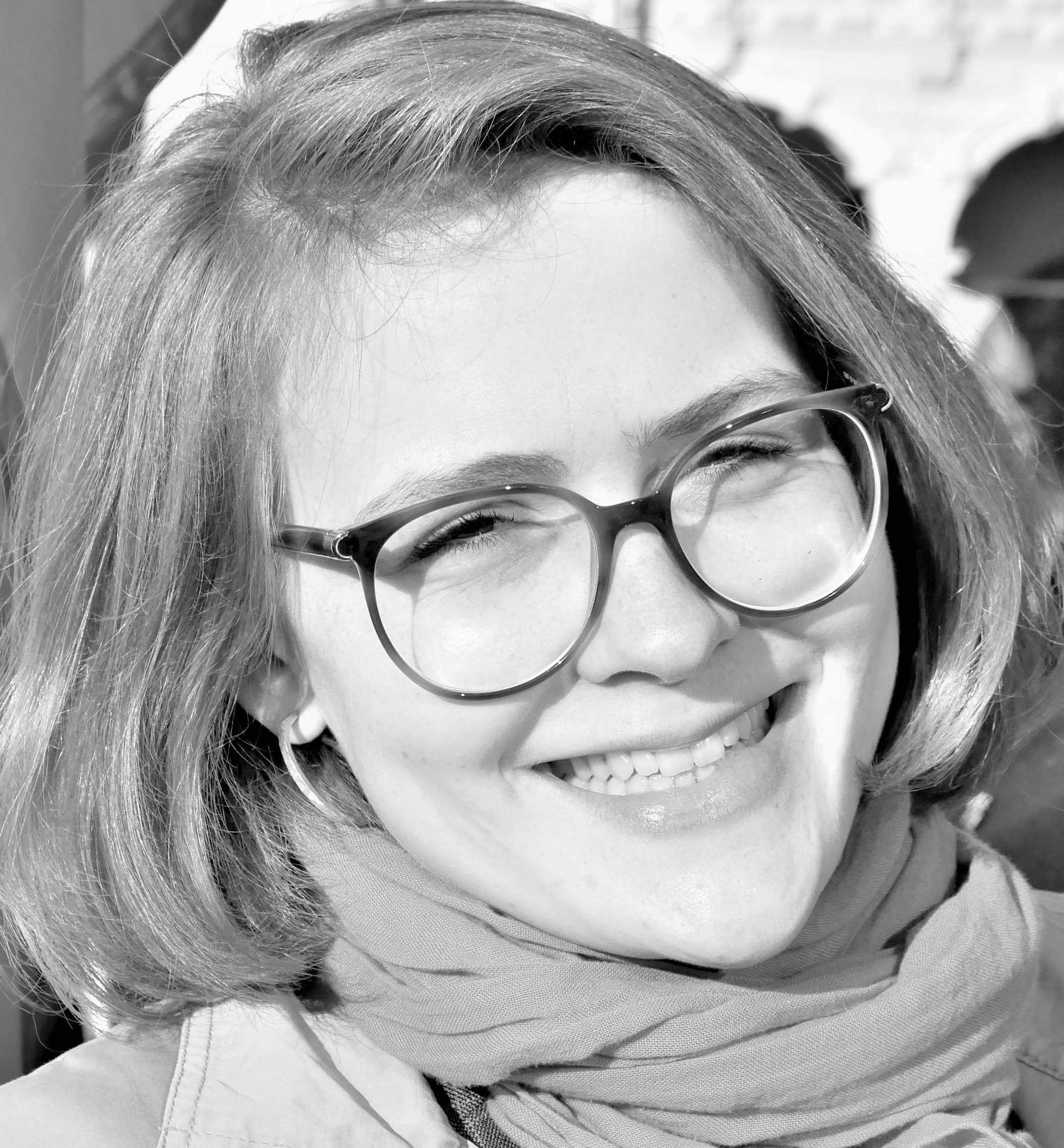
“Goldsmiths is definitely the place to be!” says Esther Ptasczynski. Esther later became a full-time PhD candidate at the Berlin School of Mind and Brain, Humboldt University / Charité, University Medicine Berlin (10/2020)
“This intense MSc in Computational Cognitive Neuroscience provided me with a unique combination of contemporary scientific theory and practical training in cutting-edge methodology, which are essential for future developments in neurocomputational research. I experienced Goldsmiths as a place where creative and critical thinking are welcome, where innovative ideas emerge in an interdisciplinary research environment and where social study leads to personal growth as well as to an inspiring exchange of ideas. Goldsmiths is definitely the place to be!” (Esther Ptasczynski, A.Y. 2018-19)

“The MSc in Computational Cognitive Neuroscience is a complete ensemble of modules that bridges the gap between biological exploration and computational simulation. From cortical dynamics to neural networks, this course was both stimulating from a theoretical perspective and practical in applying the mechanics. Whether you want to develop skills for a career path in data science, continue on to further study, or both, this MSc has given me the opportunity to decide for myself” (Andrew Rice, A.Y. 2018-19)
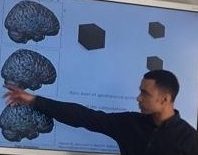
“My background was in psychology/cognitive neuroscience and I was greatly interested in the intersection and interplay between AI, neuroscience and connectionist psychology. Overall, I really enjoyed this challenging academic course; it was truly interdisciplinary and blended elements of cognitive neuroscience, computational neuroscience and artificial intelligence. I especially enjoyed the range of invited speakers on current topics such as deep learning on medical imaging to neuroscience and robotic control. Lastly, it was an extraordinarily enriching experience to study alongside classmates with academic backgrounds ranging from theoretical physics, neurobiology, philosophy, computer science and more. ” (Samora Hunter, A.Y. 2018-19)

“I have learnt a lot of valuable skills and lessons from this course. I was not confident in giving presentations and I usually did not speak as loud, but after doing a lot of them in this course my confidence has increased and I am able to explain much better then I previously did.
I got introduced to new topics and areas which were really fun exploring. I really enjoyed the coding projects in Neural networks, Cortical Modelling and the dissertation in EEG analysis as they have given me a solid foundation on coding in general. I have also enjoyed the topic that you both have taught us and the support you have given us. Therefore, I would like to say thank you! I may not have been the best, but I gave my best in this course.” (Nayan Thapa, A.Y. 2018-19)
“Through an in-depth education in both computational and cognitive approaches to the study of brain function, the MSc provided me with a unique set of tools for this new and exciting field of scientific research. Challenging yet rewarding, the programme delivered training in many relevant areas of scientific life, from technical aspects such as mathematical modelling, data analysis, and neurobiology, to career skills such as conference poster design and lecture presentation. The programme’s close connection with industry partners also enabled me to undertake a 3 month internship at Sony Computer Science Laboratories in Tokyo, a great opportunity which allowed me to utilise this knowledge while gaining invaluable experience, as well as providing me with mentoring and support from leaders in the field.” (Frederick Taylor, A.Y. 2018-2019)

